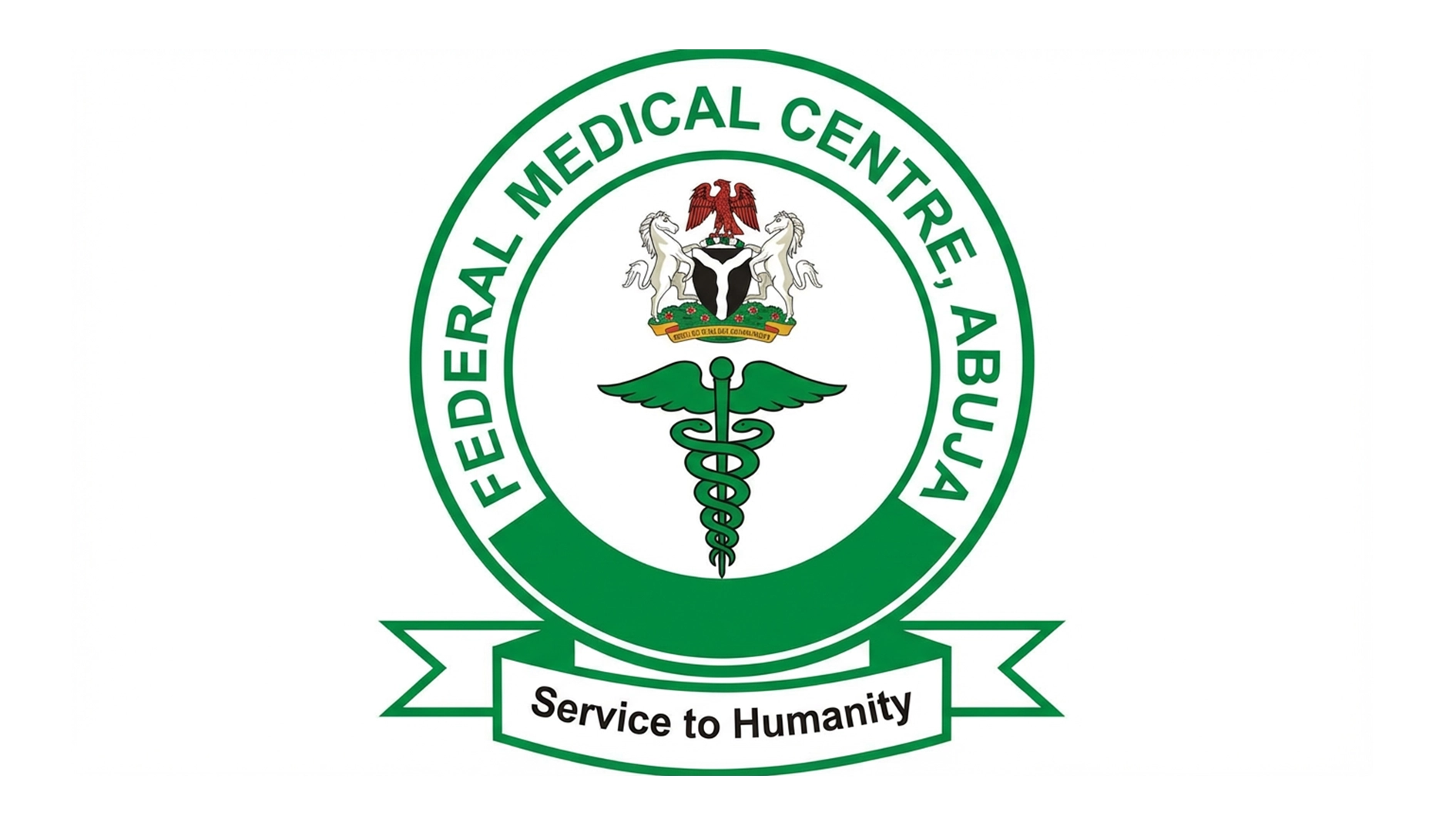As foreign donor support for critical health programs continues to decline, civil society organisations (CSOs) have called for increased domestic funding to tackle the high burden of HIV/AIDS, tuberculosis (TB), and malaria in the country.
At a workshop in Abuja to harmonise civil society strategies for domestic resource mobilisation, participants agreed on the urgent need to reduce dependency on external support and build a coordinated national response.
The initiative, coordinated by the Stop TB Partnership, aims to create a unified framework that aligns strategic plans across different disease programs and strengthens Nigeria’s capacity to mobilise internal resources effectively.
Speaking during the event, First Vice Chair of the Global Fund Country Coordinating Mechanism (CCM), Mr. Ayo Ipinmoye, underscored the importance of civil society collaboration in strengthening domestic health financing.
Ipinmoye emphasised the need for Nigerians to take ownership of their health sector, rather than relying on foreign funding.
He said, “We have waited for other countries to fund the work that we do for too long. We need to pay for the things that contribute to the good health of Nigerians.”
He added that civil society has a crucial role to play in advocacy, ensuring that the government allocates sufficient funds for health and uses them judiciously.
Ipinmoye also attributed the shift towards domestic funding to the global trend of donors pulling back due to “donor fatigue.” He noted that this presents an opportunity for Nigeria to strategise and ensure that national resources are used efficiently.
“We need to find ways of increasing budget reallocations and also ensure that the private sector and community members play their part. We have big companies in Nigeria making a lot of money, and it’s time for them to give back to strengthen the health of the people they’re making money from,” he said.
Ipinmoye emphasised the importance of partnerships between the government, the private sector, and the community in achieving good health outcomes.
He also highlighted the need for communities to take responsibility for utilising resources effectively, citing the example of malaria nets being used for fishing and other purposes instead of their intended use.
When asked if Nigeria would achieve better health outcomes with domestic funding, Ipinmoye responded, “Yes, and sincerely, when this thing happened, I did say it’s one of the best things that could have happened to us as a nation… It enables us to own our processes.”
He acknowledged that the transition may be painful in the short term, but believes it will lead to a higher level of thinking and strategising.
Also speaking, the Executive Secretary of the Country Coordinating Mechanism (CCM) Nigeria for the Global Fund, Tajudeen Ibrahim, noted that relying on foreign funding is no longer sustainable.
He mentioned that the Global Fund requires countries to contribute a minimum of 15 per cent co-financing for HIV, TB, and malaria programs, and Nigeria has had a tough time meeting this requirement in the past.
Ibrahim attributed the country’s progress in meeting the co-financing requirement to partnerships between the government and civil society organisations.
He said, “We need to take ownership of our health sector. We need to pay for the things that promote the good health of Nigerians. When we work well with some states and civil society plays a key role, we can meet the requirements.
The CCM Nigeria has launched a new strategy to mobilise domestic resources, with a focus on coordinating efforts across different disease-specific programs.
“Each program has a detailed plan, with malaria requiring about $2 billion annually to implement comprehensive interventions. The current deficit stands at over $1 billion.”
Ibrahim stressed the importance of efficient resource utilisation and government accountability in ensuring the success of these programs.
The Board Chair of the Stop TB Partnership, Dr. Queen Ogbuji-Laoye, said, several disease programs have been working in silos, but in the face of dwindling funding from external sources, we all have to come together from a unified front.
She said, “We are bringing all the civil society together to harmonise our strategic plan for domestic resource mobilisation.”
Dr. Ogbuji-Laoye emphasised the critical role civil society organisations play in advocating for support from the government, the private sector, and philanthropists.
“Civil society organisations occupy a strategic position; they are the voice for the voiceless. We can communicate and push for support, and that’s why we are here together.”
Ogbuji-Laoye noted that defining priorities is crucial to creating an effective framework. She added, “We really have to define what our priorities are for us to be able to work together and put up a very good framework.”
The initiative is being coordinated by the Stop TB Partnership, with the goal of enabling civil society organisations to effectively mobilise domestic resources and address gaps in HIV, TB, and malaria programs.






